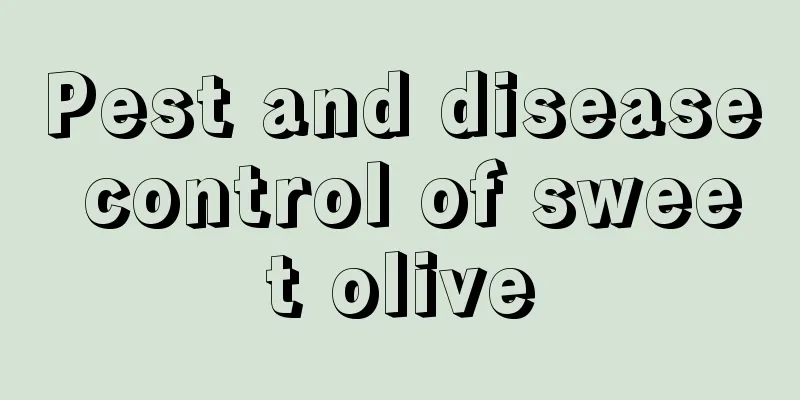Disease control of Cineraria

powdery mildewharmCineraria is most susceptible to powdery mildew, a widespread fungal disease. White sticky substances appear on the front of the infected leaves, which curl and deform, and die and fall early. Prevention and treatment methods1. The simplest prevention method is to ensure sufficient light and timely ventilation. 2. If the disease has already occurred, in the early stage, it is necessary to use 1000 times of 70% thiophanate methyl solution or 2000 times diluted 50% mancozeb solution. You can also use 2000 times of 25% triadimefon wettable powder for spraying to control the disease. 3. At the same time, cut off the diseased leaves and destroy them, and separate the diseased plants from the healthy plants to avoid mutual infection and aggravate the spread of the disease. Root and stem rotharmIn winter, the moisture in the soil of the cineraria pot is often difficult to dry up. Poor drainage, insufficient indoor light, excessively humid air and other adverse factors will cause root rot and stem rot. It manifests as blackening and rotting of roots and stems. Prevention and treatment methods1. First, after watering, pay attention to ventilation and humidity reduction and increase light. 2. For newly infected cineraria, cut off the diseased part, apply sulfur powder, replace with loose culture soil and replant. Verticillium wiltharmThe disease is mainly caused by viral pathogens. The affected plants have strong tillering ability, the expansion of the inflorescence is suppressed, the flowers turn green, and they develop abnormally, and occasionally the flowers grow too long. The virus is usually spread by leafhoppers. Prevention and treatment methods1. Potassium fertilizer can be appropriately applied during the growth period to enhance the disease resistance of the plant and reduce the chance of virus infection; 2. Spraying 0.5% potassium permanganate aqueous solution for disinfection can play a preventive role; 3. If a plant is found to be infected with a virus, the diseased plant should be removed immediately and burned to prevent the spread. |
<<: Common diseases of osmanthus
>>: Pomegranate flower diseases and prevention methods
Recommend
How to water the potted fortune tree
Key points for watering potted fortune trees When...
The efficacy and function of black olive
1. Stop bleeding The most important effect of bla...
The correct way to water hyacinths grown in soil, should water accumulation be dealt with?
1. Correct watering method 1. Water after the soi...
What are the benefits and effects of baking soda watering flowers? What flowers can be watered with soda water?
Benefits of Baking Soda for Watering Flowers When...
What are the cultivation methods and precautions for potted lemon trees?
How to grow a potted lemon tree Potted lemon tree...
How to grow Acer palmatum
1. Maintenance methods 1. Temperature: The Japane...
Advantages and Disadvantages of Sweet Echo Rose
Sweet Echo Rose is also known as Lucky, Sun and M...
Which month is best for planting ginger?
When we cook dishes in our daily lives, we always...
Causes and treatments for yellowing camellia leaves
1. Occurrence of pests and diseases 1. Reason: Th...
Cultivation methods and precautions for large-flowered roses
1. Breeding methods 1. Soil: It prefers fertile a...
When is the best season to plant Jerusalem artichokes?
Jerusalem artichoke planting season and time The ...
How much is a pound of Dendrobium? Who is not suitable to eat Dendrobium?
1. Price The price of Dendrobium is not uniform, ...
Can rice water be used to water cacti? The correct way to water rice water
Cactus likes moisture and needs to be provided wi...
How to hydroponically cultivate Guanyin bamboo? Master the key points of maintenance and it will grow well
1. Choose branches When hydroponically cultivatin...
How to grow sea red beans
1. Maintenance methods 1. Temperature: Since its ...









